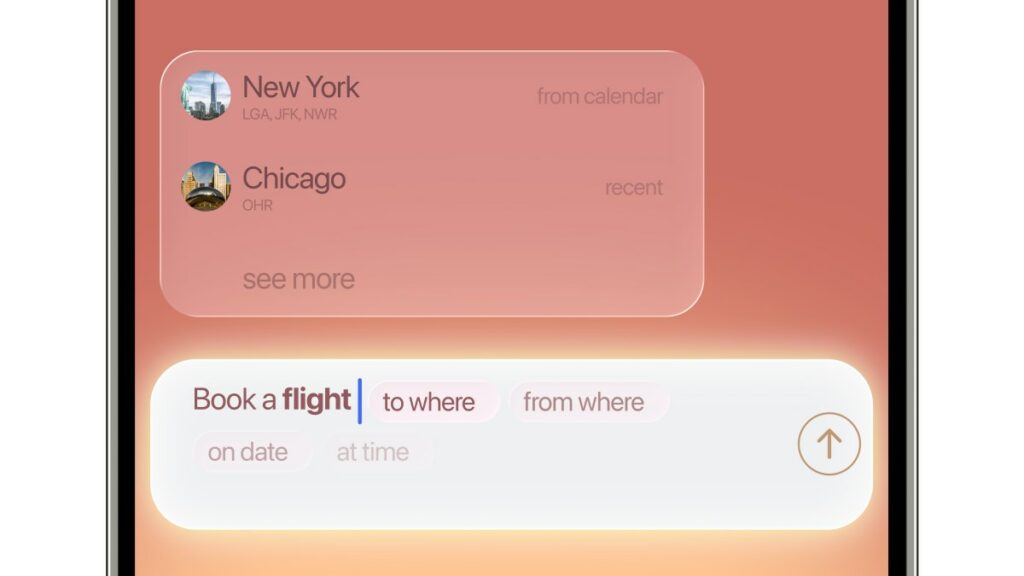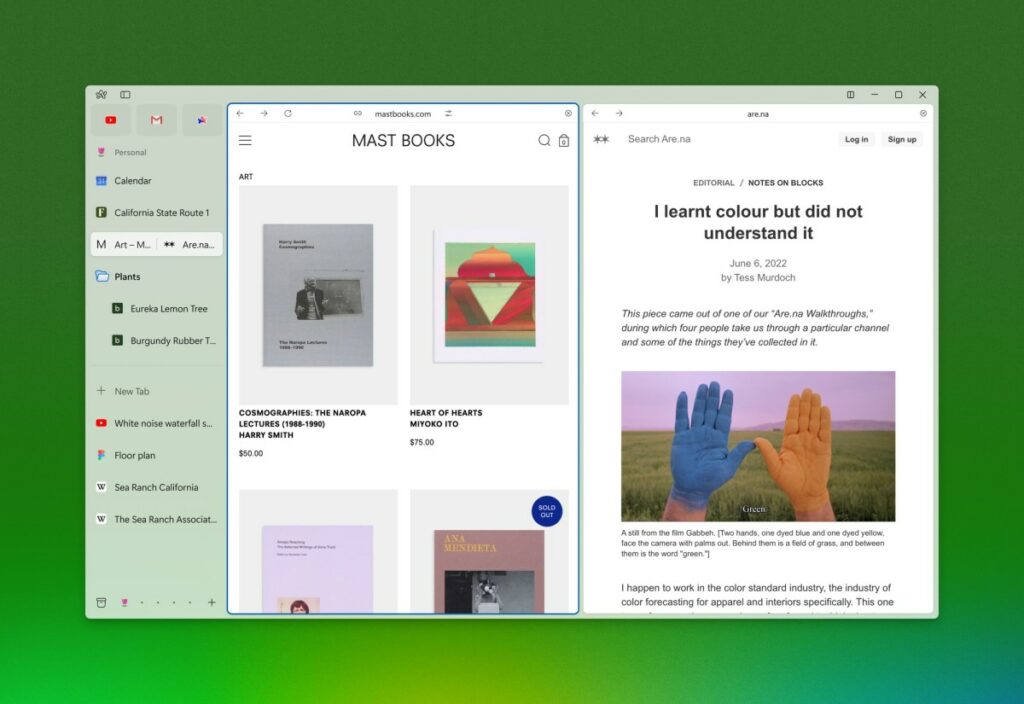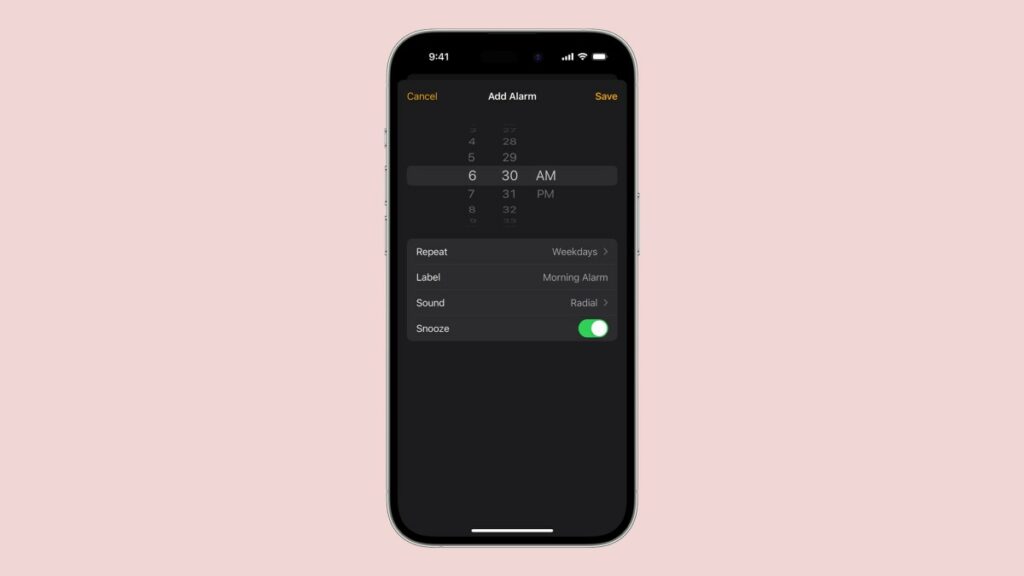Crafting a perfect prompt for AI chatbots is often a challenge — so much so that startups are creating roles for prompt engineers. Consumer-facing AI apps are increasingly adding features like suggestion buttons or autogenerated recommendations to nudge customers to use the chatbot more frequently and show them about what the app can do.
Hero, a productivity startup founded by former Meta employees, announced a new autocompletion SDK today that will fill in prompts for you based on context. The SDK is currently invite-only and will let developers integrate this tech into their apps.
Here is how it works: When you are booking a flight, you might write “Book a flight” in the prompt. The autocomplete SDK will start populating fields like “to,” “from,””on date,” “at time,” “airline,” and “returning on.” You can stop at any point and send the query to the chatbot.

This is also useful when you are using an AI-powered image or a video generator, where autocomplete can help you with different parameters like object, style, location, landscape, and camera angle. Notably, Adobe’s new feature for creating soundtracks with its Firefly app lets user enter keywords in different sections of a prompt, such as mood, style, and purpose, to easily create a tune.

Hero engineer Saharsh Vedi, who worked on this feature, said that usually you usually need a lot of back-and-forth with an AI app to get the results you want. With this autocomplete feature, you can get there with fewer prompts — or even just one.
The startup’s co-founder, Brad Kowalk, told TechCrunch that the company is using a series of models to predict what you might type into a prompt next.
“With AI autocomplete, we pull forward all the inputs needed to complete an action, finishing it 10 times faster as there are fewer back-and-forths involved. This unlocks a whole new set of use cases ranging from travel to commerce, and ads to customer support,” Kowalk said.
Techcrunch event
San Francisco
|
October 13-15, 2026
He added that because there are fewer messages involved, companies operating at scale can save on server costs.
Kowalk said that he and his co-founder, Seung W. Lee, thought of building the tech based on their experience working on AR features at Meta. On AR glasses, there are constraints on screen size, so the interface for prompts needs to be simple — like adding parameters to a query.
The startup, which raised $4 million in seed funding last year, has secured $3 million in additional funding led by Forerunner Ventures. Kowalk said that in the coming months, depending on the app and SDK growth, Hero plans to raise a bigger round.
Hero is testing a version of this technology in its app that helps users find time for a meeting or to catch up with a friend through autocomplete prompts. The feature will be released to users in a couple of months.
The company is also in talks with Koah Labs, an ad tech startup, to build AI-powered ads where brands can show up in autocomplete suggestions.


